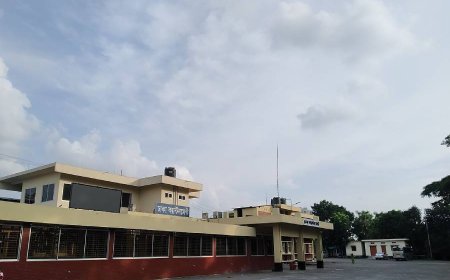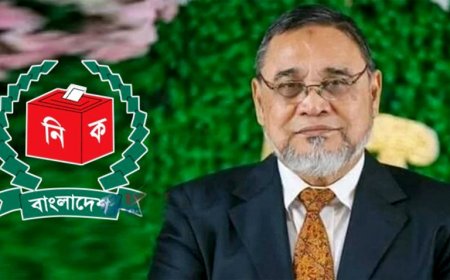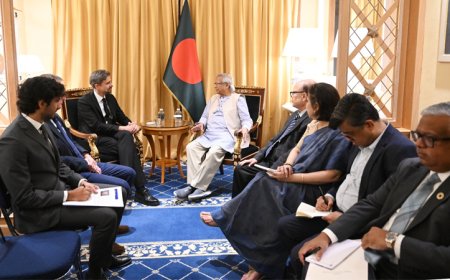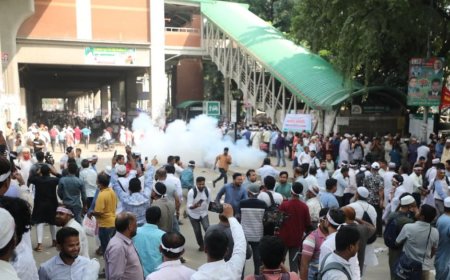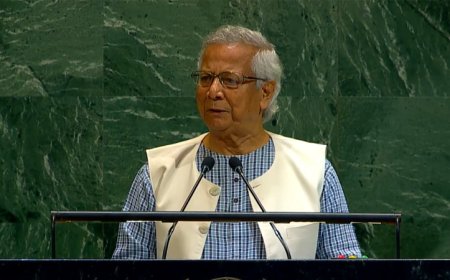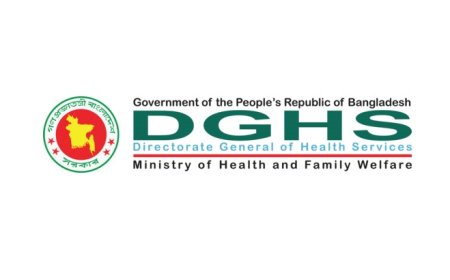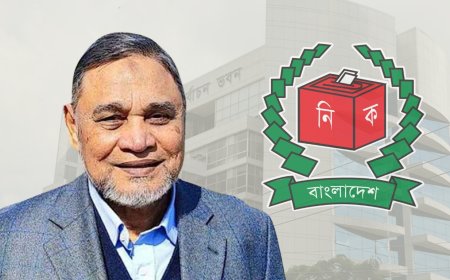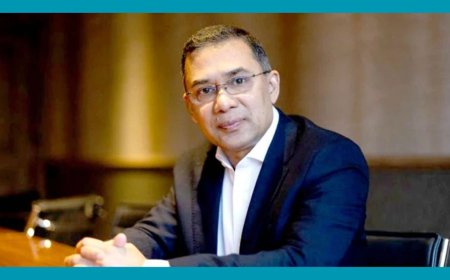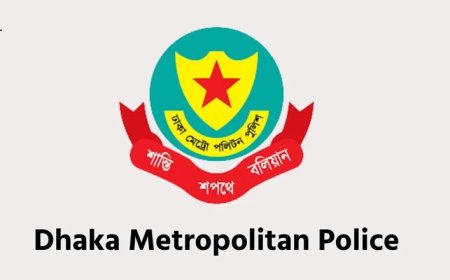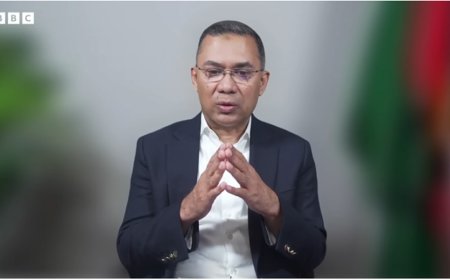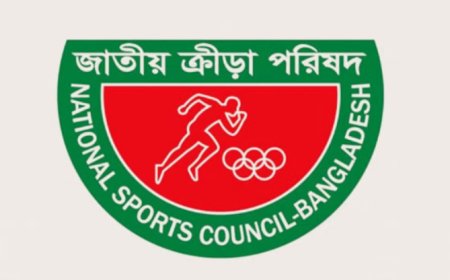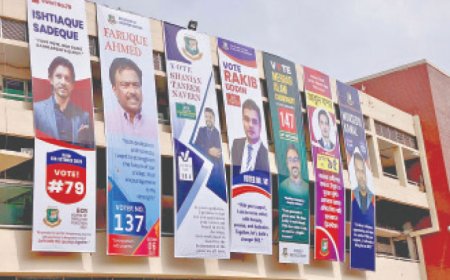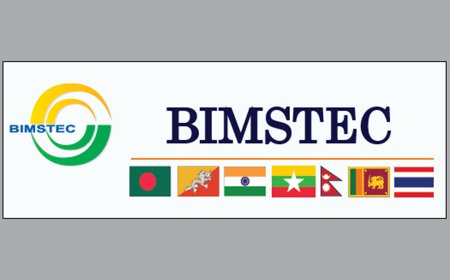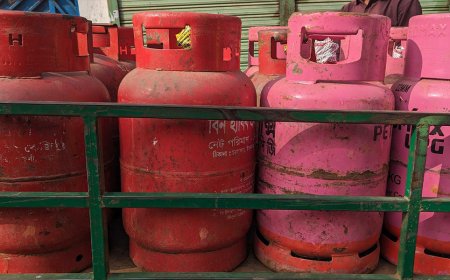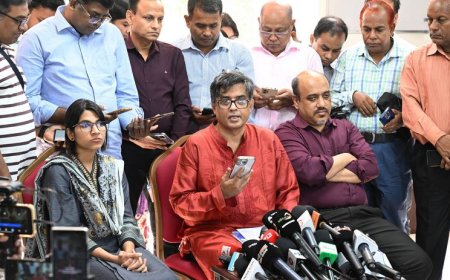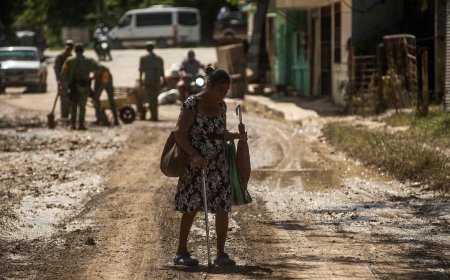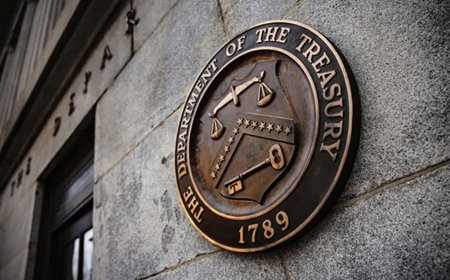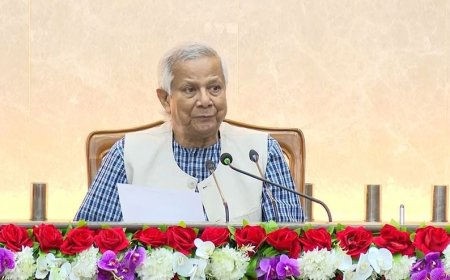Governor to have ministerial rank; no Bureaucrats to serve on BB board
Draft Bangladesh Bank Ordinance proposes major reforms
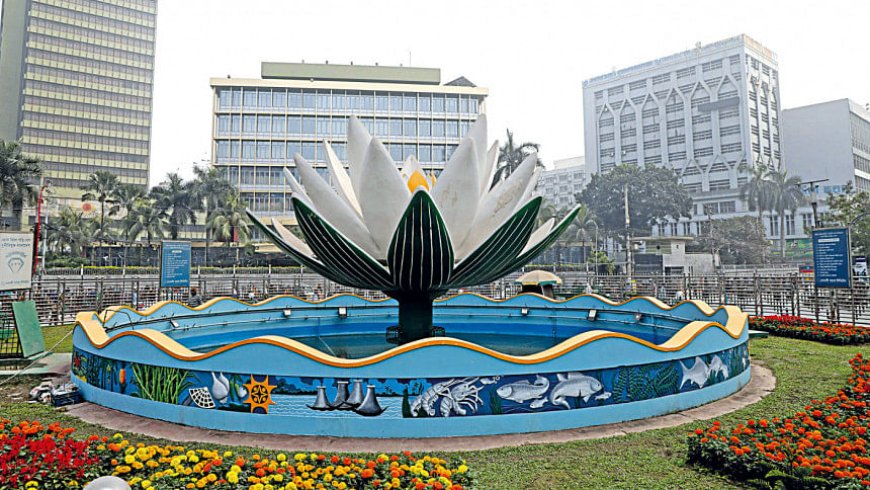
The Bangladesh Bank governor will hold ministerial rank and take the oath before the chief justice under the proposed Bangladesh Bank Ordinance (Amendment) 2025.
The amendment, set to replace the Bangladesh Bank Order 1972, is aimed at bolstering the central bank’s autonomy and accountability, Governor Ahsan H Mansur said. A key provision is the removal of bureaucrats from the BB board—signalling a shift from the current structure—in line with International Monetary Fund (IMF) recommendations to safeguard the bank’s independence.
“The government and bureaucracy may resist, but financial sector governance must remain above politics,” Mansur told a Centre for Policy Dialogue (CPD) event in Dhaka yesterday. Officials involved in drafting the law said it is designed to transform the BB into a “constitutional institution.”
Under the draft, the president would appoint the governor on the prime minister’s recommendation and with parliamentary approval, based on “fit and proper” criteria. The governor and deputy governors would take their oaths before the chief justice. The board would comprise the governor, two deputy governors chosen by the governor, and eight other government-appointed directors selected from a list submitted by the governor. Serving government officials would be barred from board membership, and no appointments could be made outside the governor’s list.
The board would have full supervisory and strategic control over BB operations, with the power to take any measures necessary to fulfil its mandate and preserve independence. The draft specifies that monetary and financial stability decisions will remain entirely under BB’s authority, incorporating coordination council recommendations only when aligned with its independent mandate.
A coordination council for monetary and exchange rate policy would be chaired by the finance minister, with the BB governor, commerce minister, planning minister, and finance division secretary as members. Governors and deputy governors would serve six-year terms, renewable once, and be barred from holding legislative, local government, or public service posts, or receiving other public salaries. Removal would require a presidential order on the prime minister’s recommendation with parliamentary approval.
Banking reforms
Mansur said he opted for immediate action rather than establishing a banking commission, forming three taskforces instead: one to strengthen the banking sector, another to improve BB operations, and a third to recover assets from abroad.
Planned legislative changes include amending the Bank Companies Act 1991 to shorten the maximum directorship tenure from 24 years to six, reduce sponsor directors to half of board members, and require directors to come from a qualified panel. The Money Laundering Act is being revised to incorporate asset recovery provisions, while the Deposit Insurance Act will raise coverage from Tk 1 lakh to Tk 2 lakh and create separate funds for banks and non-bank financial institutions, each with its own investment committee.
The recently enacted Bank Resolution Ordinance enables continuous resolution processes for any bank facing liquidity or governance issues, regardless of ownership. “There should not be dual regulatory systems for state-owned and private banks. One regulator, one steering wheel,” Mansur said.
What's Your Reaction?







